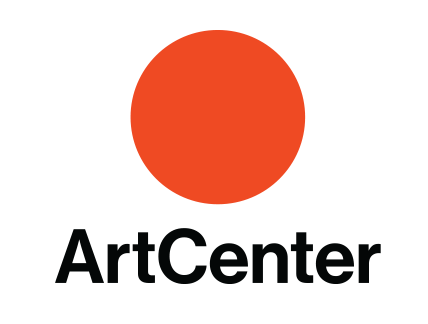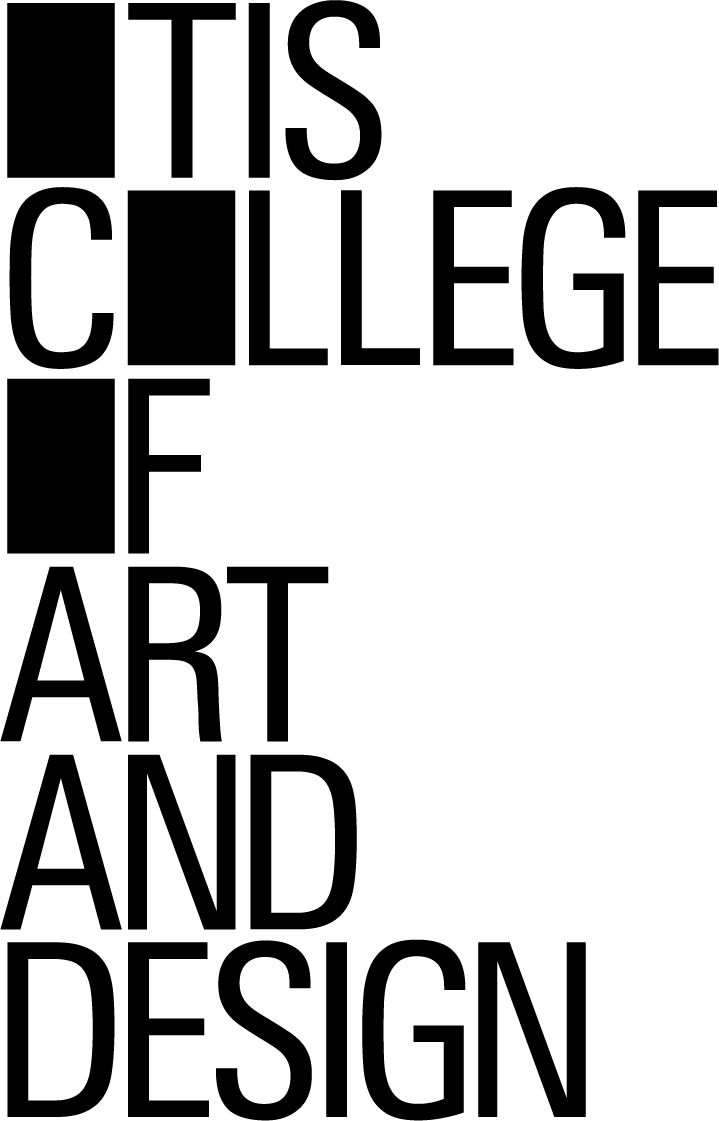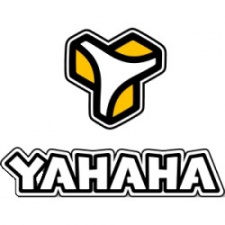Sorry, There Is No “Idea Guy” Position In The Game Industry
 Whenever I meet a new group of game production students at The Los Angeles Film School, I ask them what role they want to have in the game industry. Every so often, I get one who says, “I’m really good at ideas. That’s what I want to do in the game industry: be the guy who comes up with the ideas for games, stories and characters.”
Whenever I meet a new group of game production students at The Los Angeles Film School, I ask them what role they want to have in the game industry. Every so often, I get one who says, “I’m really good at ideas. That’s what I want to do in the game industry: be the guy who comes up with the ideas for games, stories and characters.”
Well then, stand in line behind the game designer, the programmer, the artist, the sound engineer, the quality insurance tester, and the project manager, all of whom bring valuable skills to the development team, because they all have ideas too.
Everyone has ideas. Good ones. Lots of good ones. As an exercise for my introductory game design class, I divide my students into groups of three and ask them to come up with 100 game design ideas in an hour. No one has failed the assignment yet.
Now, there is a game designer position whose responsibilities is to come up with game ideas; however, in practice a game designer is often given an idea to develop, either because the game was the idea of the boss or someone else on the team, an adaptation of a movie or another type of intellectual property, or a sequel to an existing game.
Even when the designer is tasked with coming up with an original game concept, the entire development team might be involved; after all, they are the ones who will be required to develop it, and they have probably have lots of good ideas too from the many games they have collectively played. When I worked as a producer at Jet Morgan Games, we would call the entire company into the conference room — producers, programmers, artists — to brainstorm ideas for projects we were pitching to our various clients.
But let’s say that you and only you are responsible for coming up with the game ideas at a game studio. What do you think you will be doing while the rest of the development team is actually creating the game? Coming up with new ideas to choose from when the team is finished eighteen months from now?
Ideas are, as they say, a dime a dozen, and no one is going to pay you to come up with one. What employers and clients pay for is the ability to execute ideas; that is, turning an idea into a finished product, preferably one that is popular enough that it will earn more revenue than it cost to develop.
If you want to get a job developing games, you need to have the skills necessary to do one of these positions:
- Game Designers define the way the game is played and the player experience. They develop the rules of the game, the setting, story and characters, objects such as weapons and vehicles, different ways the game may be played. This is more than just coming up with the game’s “idea”; it is coming up with all the details about how the game works. Even after the game is fully designed, the game tester is busy running playtest sessions with other players and refining the game based upon the session results.
- Level Designers are a sub-specialty of game designers who uses a level editor tool to not only create levels (environments) for a game, but may also program scripted events for player interaction with game objects.
- Game Writers write character profiles, backstories, main stories, mission and item descriptions, dialog, instructions and all other text appearing in a game.
- Game Programmers, or Developers, use programming languages such as C++ to develop code for implementing the design and displaying graphics and audio for video games. They also develop related software, such as game development tools like level editors and game engines.
- Game Artists create the visual elements of a game, such as characters, scenery, objects, vehicles, surface textures, clothing, props, and even user interface components. They also create concept art and storyboards which help communicate the proposed visual elements during the pre-production phase.
- Sound Designers are responsible for a game’s music, sound effects, and dialog. They may use audio libraries for finding music and sound effects, or they may compose music or record sounds themselves.
- Testers, or Quality Assurance personnel, verify that all of the game’s planned features and assets have been implemented and work properly.
- Project Managers, or Producers, oversees the entire project and ensures that the team is delivery quality within the time and budget constraints. They run meetings, write reports, and manage budgets, work schedules and project timelines.
Any one of these people can come up with an idea for a game. But if that’s all you can do, then you need to develop additional skills if you want to work in the game industry. Game development teams are very collaborative, and if you can’t contribute to a game’s execution, you’re not yet ready to contribute to its conception.
Posted on November 23, 2015, in Career Advice, Game Design and tagged game design, Jet Morgan, LA Film School. Bookmark the permalink. 16 Comments.






You forgot to mention how 95% of them will make wages barely above poverty line.
That’s another topic for another blog.
I made that point in another blog post: https://davidmullich.wordpress.com/2016/02/01/get-into-game-development-for-love-not-money/
Reblogged this on Stephan Reilly's Blog.
If that’s the case, then I’m willing to become a designer and/or writer for games.
What if you’re not completely interested in becoming a part of the team directly, but you want to give your ideas to possibly help the people making the games? I’d love to put my ideas out there, even if I don’t get any credit for it or if it is used at all.
Most development teams aren’t in the need of ideas. Ideas are plentiful. And the problem with accepting ideas from someone else is that if the idea is used, that person might turn around and sue them for copyright infringement.
Some projects have Creative Directors who are essentially their “idea guys”… But they usually reach that position after proving their worth as Game Designers or Writers.
I’ve yet to meet someone who only dreams up ideas all day long. Most Creative Directors I know have management or production responsibilities.
I’ve yet to meet someone whose only responsibility was to come up with ideas. The Creative Directors I have known (including me, when I once had that title) were responsible for managing the creative development of projects.
aren’t the game designers and writers the exact position/job these people would like to have, i don’t know maybe i’m missing some context
Game designers and writers have other responsibilities than coming up with ideas. In fact, they often work on implenting othe people’s ideas.
Pingback: Where Do Game Designers Get Their Ideas From? | David Mullich
Pingback: Sorry, There Is No “Idea Guy” Position In The Game Industry | Centennial College: Animation & Game
Pingback: Sorry, There Is No “Idea Guy” Position In The Game Industry – Game Art and Design
Pingback: Sorry, There Is No “Idea Guy” Position In The Game Industry – Games Are Hard…